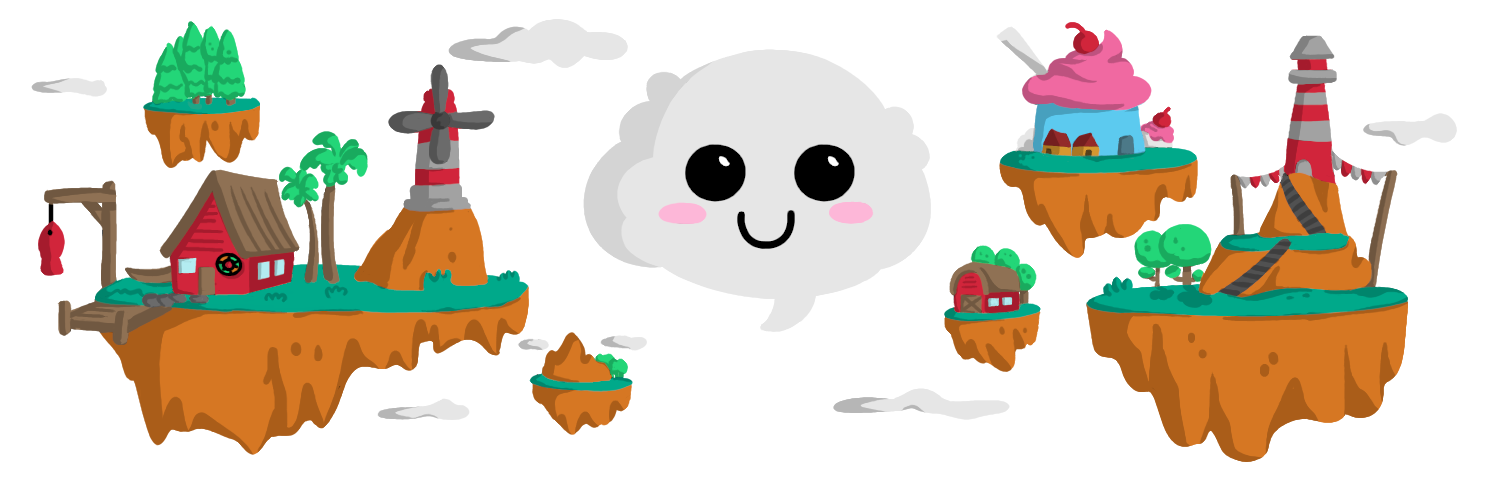A) ANALYSIS, INITIAL AND ADDITIONAL HYPOTHESES
Brainstorming
The purpose of this software solution is to allow users to play a treasure hunt game. Through clues, users will follow a path to reach the final destination.
It will be a score-based game, with users encouraged to play through challenges created by other amateur players. A player can be both a player and a riddle creator.
To enhance the game and further encourage players to participate, there is a need for features that incentivize players to create treasure hunts. The more treasure hunts created, the more players will use the web application. A points system, acting as a virtual currency, can be used. This virtual currency can be used to unlock clues, participate in events, and purchase gadgets.
Player Wants to Play a Treasure Hunt:
- Each treasure hunt has rewards based on its type.
- An authorized creator may add a monetary reward to a treasure hunt (a one-time event).
- Players need virtual coins to participate in events.
- Virtual coins are earned by participating in games.
This encourages players to play more to join more events and win more rewards.
Riddle Difficulty and Prize Pool:
- Riddle difficulty is compared to the prize pool.
- The prize pool is determined by the riddle creator’s rank.
- Higher rank grants more permissions for creating riddles.
- Purpose: Application security, ensuring trusted riddle creators saves moderator time.
User Types:
- Player: Participates in treasure hunts.
- Riddle Creator: Creates treasure hunts.
- Moderator: Manages reports, bans players, verifies users.
Creating Treasure Hunts:
Consideration: Players may create hunts in explicit or dangerous locations.
Solutions:
- User-proposed hunts are checked by an administrator/moderator before publishing.
- Hunts are uploaded only by users verified by administrators. Players can report inappropriate hunts for administrator review.
Types of Treasure Hunts:
- Public Hunts:
- Open to everyone 24/7.
- Lower score as they are easily replicable.
- Only verified users can create these.
- Private Hunts:
- Only players with a unique code can play.
- All players can create these, no points awarded.
- Event Hunts:
- Special, non-replicable hunts with unique clues.
- Played only once, special rewards, high points.
- Verified users with administrator authorization can create these.
Players in a Hunt:
- Players can play individually or in teams (couples, trios, squads of 4).
- Teams can be generated randomly (public games) or chosen by players (public, private, events).
- If the minimum player count isn’t reached, random players are added.
- Players can participate in public or private hunts again, even if completed, but won’t receive points.
Hunt Location and Duration:
- Filters on hunts: Specific locations, within a range, or no range.
- All modes of transportation are allowed.
- Duration can be limited (days, hours, minutes) or unlimited (e.g., events).
Hunt Stages:
- Players analyze clues at each stage to guess the next location.
- Clues shown in the web app at each stage.
- Player location verification through device sensors.
- Penalties for incorrect answers: Time delay or point loss.
Addressing Cheating:
- Controls to prevent cheating, e.g., players calling others who played a hunt.
- Public hunts yield fewer points upon replay.
- No points awarded if a player who already played joins a team.
- Possibility of falsifying location addressed: New areas unlocked only if all previous clues are correctly answered.
